Can Cats Eat Egg Shells? The Benefits and Risks of This Crunchy Treat
- 2 Apr 2025 16:36
Eggs are a common and nutritious food for both humans and cats, but what about the eggshells? 🥚 Can cats eat egg shells safely, or should they be avoided? While egg whites and yolks are generally safe for cats in moderation, the shells require a little more consideration. Let’s take a closer look at whether egg shells are safe for cats to consume and how they can potentially benefit or harm your feline friend.
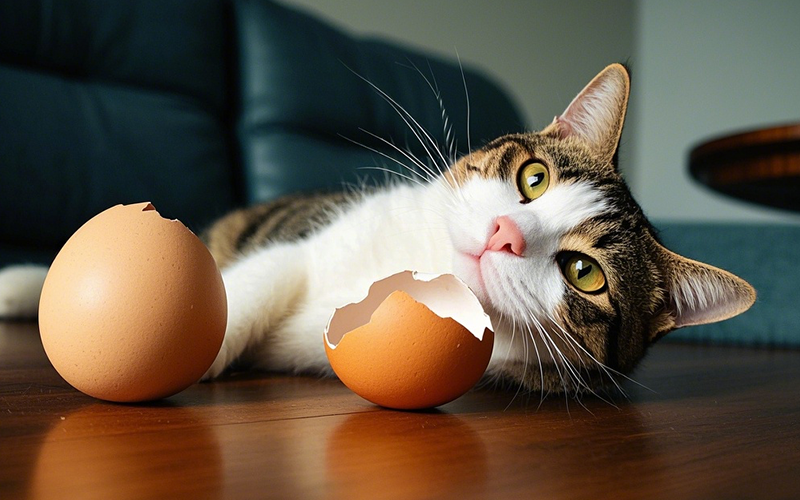
What’s in Eggshells?
Eggshells are primarily made up of calcium carbonate, a substance that is an excellent source of calcium. Calcium is a vital nutrient for cats, helping to maintain healthy bones, teeth, and muscles. Eggshells also contain trace amounts of other minerals like magnesium, phosphorus, and potassium, which are essential for overall health.
Can Cats Eat Egg Shells Safely?
Yes, cats can eat egg shells in small amounts, but there are a few things to keep in mind:
Preparation is Key: Eggshells should be cleaned, dried, and crushed before offering them to your cat. Raw egg shells can sometimes carry bacteria like Salmonella, so it's important to properly clean and prepare them.
Moderation is Important: While egg shells are a great source of calcium, they shouldn’t be fed to your cat in large quantities. Too much calcium can disrupt the balance of other minerals, leading to health problems like kidney issues or bladder stones.
Avoid Whole Eggshells: Don’t let your cat chew on whole eggshells, as the sharp edges could potentially cause injury to their mouth, throat, or digestive tract. Always crush the shells into a fine powder to make them safe for your cat to consume.
Benefits of Egg Shells for Cats
Natural Source of Calcium: Calcium is essential for your cat’s bone health, muscle function, and overall well-being. Eggshells can be an easy, natural way to supplement your cat’s diet with calcium, especially if they are on a homemade diet that might lack this essential nutrient.
Helps with Bone Strength: Cats need calcium for strong bones and teeth. Feeding small amounts of crushed eggshells can help support your cat's skeletal system, particularly as they age or if they’re prone to bone issues.
Improves Coat Health: The minerals in eggshells may help improve the condition of your cat’s coat, keeping it shiny and healthy. Many cats benefit from the added nutrients, which help with skin and fur regeneration.
Digestive Health: Crushed eggshells can help aid in digestion by providing small, digestible amounts of minerals that are absorbed efficiently in your cat’s digestive system.
Potential Risks of Egg Shells for Cats
Too Much Calcium: While calcium is crucial for cats, an excessive amount can lead to problems. Over-supplementing with calcium can cause kidney issues, bladder stones, and interfere with other mineral balances like phosphorus. Always offer eggshells sparingly and consult with your pet’s health provider if you’re unsure of how much calcium they need.
Bacteria Risk: Raw eggshells, like raw egg whites or yolks, can carry the risk of bacterial contamination, such as Salmonella. Even though eggshells are less likely to harbor bacteria than the egg itself, it’s still important to properly clean them before feeding them to your cat.
Choking Hazard: Whole eggshells, especially uncrushed ones, are a potential choking hazard for cats. Cats can struggle to break them down, leading to the risk of sharp edges causing injury. Always crush or grind the eggshells into a fine powder before offering them.
How to Safely Feed Egg Shells to Your Cat
If you want to feed egg shells to your cat, follow these simple steps to ensure it’s safe and beneficial for them:
Clean the Shells: Wash the eggshells thoroughly to remove any residual egg white or yolk. You can rinse them in warm water and let them dry completely.
Crush or Grind: Once the eggshells are clean and dry, crush them into a fine powder. This makes it easier for your cat to digest and prevents any sharp edges from causing harm.
Use in Moderation: Sprinkle a small amount of the powdered eggshell over your cat’s regular food. Aim for a tiny amount—too much calcium can be harmful. About 1/4 teaspoon of eggshell powder per day is sufficient for most cats.
Store Properly: Store crushed eggshells in an airtight container to keep them fresh and free from contaminants.
What About Other Sources of Calcium for Cats?
If you’re looking for other ways to provide calcium to your cat, there are other options available:
Bone Broth: Bone broth made from chicken or beef bones can be a good source of calcium. It also provides collagen and other nutrients beneficial for your cat’s joints and skin.
Commercial Supplements: If you’re concerned about calcium deficiencies, consider a commercial calcium supplement specifically designed for cats. These are formulated to meet their specific dietary needs.
High-Quality Cat Food: Premium cat foods often contain the right balance of calcium, phosphorus, and other nutrients essential for your cat’s health. Look for a diet that is rich in animal-based proteins and balanced with the right minerals.
The Role of PettureX in Pet Health
If you’re unsure about your cat’s dietary needs or are considering adding supplements like eggshells to their food, PettureX can be a great resource. 🐾 PettureX offers 24-hour online consultations with pet health professionals, helping you make the best dietary decisions for your cat. It also features a pet image recognition tool, allowing you to check if your cat's food is safe and healthy for them.
Conclusion
So, can cats eat egg shells? Yes, cats can eat crushed egg shells in small amounts as a natural source of calcium. Eggshells can be a great supplement to your cat’s diet, helping with bone health and coat condition. However, they should be prepared properly, given in moderation, and never in large quantities. Overfeeding calcium can lead to health problems, so it's always a good idea to consult with a pet health expert if you’re unsure.
As always, PettureX is there to provide expert guidance on your cat’s nutritional needs and health concerns. 🐱💚
Remember, while egg shells can be a healthy treat for your cat, balance and moderation are key to keeping them happy and healthy!
Related
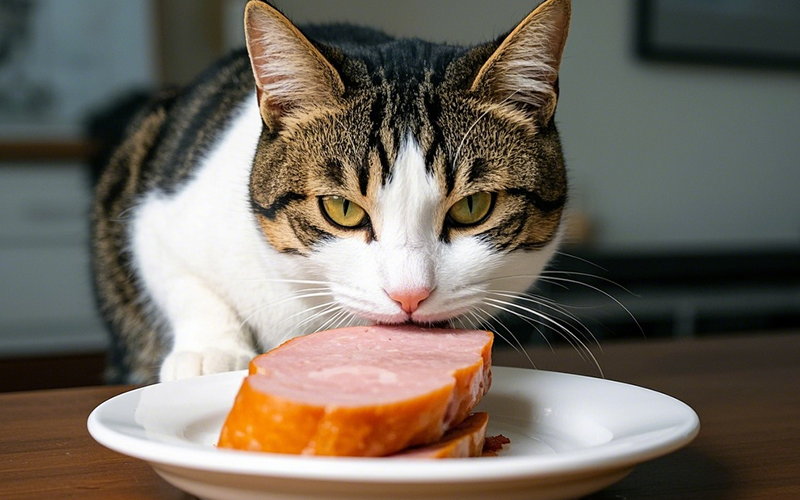
Can Cats Eat Deli Ham? A Meaty Treat That Comes with Caution
- 2 May 2025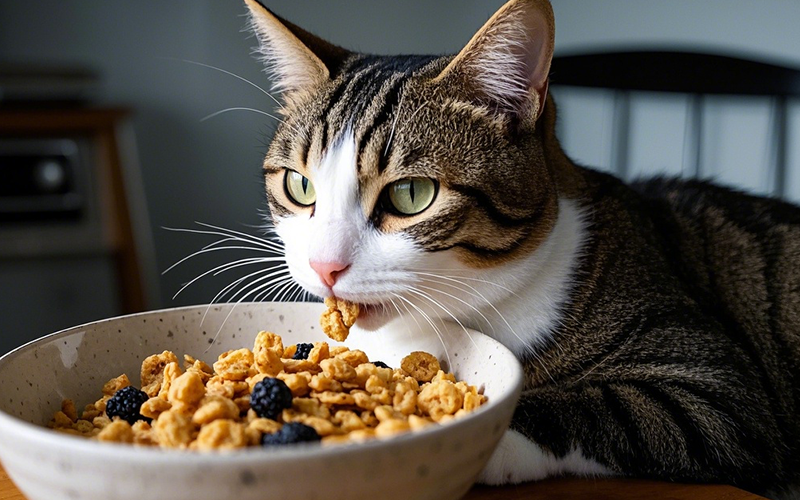
Can Cats Eat Granola? Is This Crunchy Snack Safe for Your Feline Friend?
- 2 Apr 2025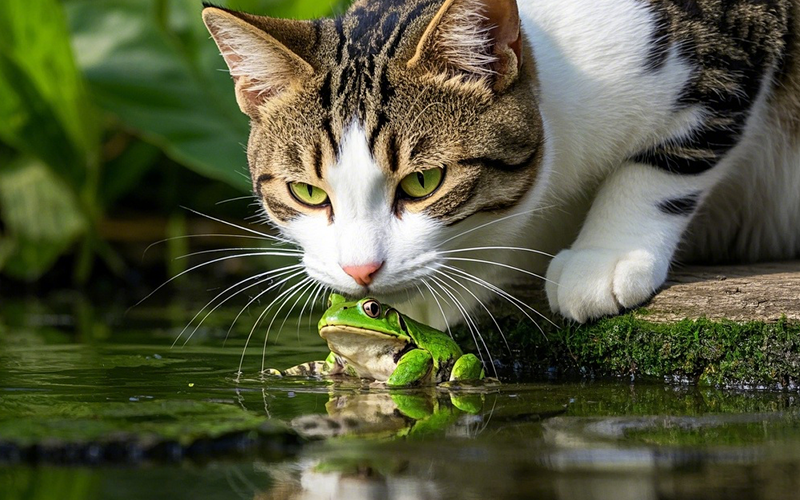
Can Cats Eat Frogs? What You Should Know About Frogs and Your Feline Friend
- 2 Apr 2025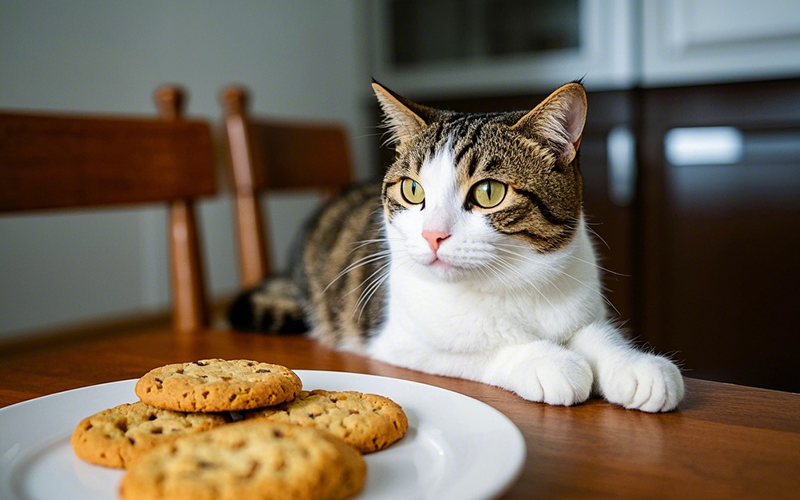
Can Cats Eat Graham Crackers? A Sweet Snack or a Risky Treat for Your Feline Friend?
- 2 Apr 2025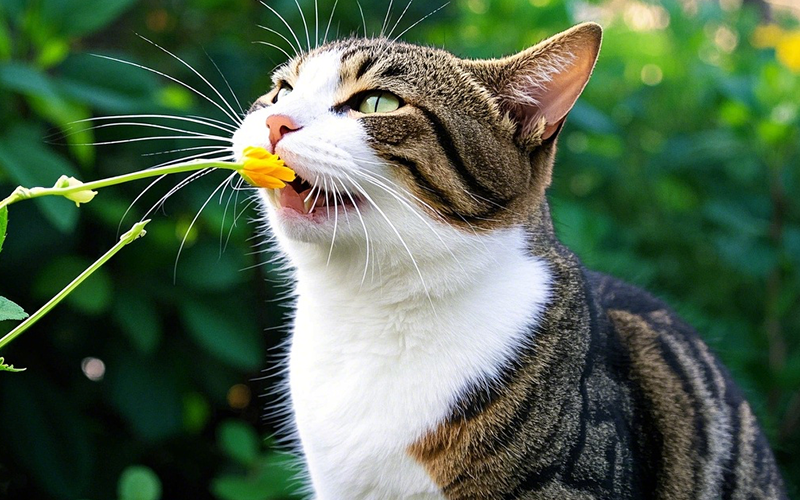
Can Cats Eat Flowers? What You Should Know About Floral Treats for Your Feline Friend
- 2 Apr 2025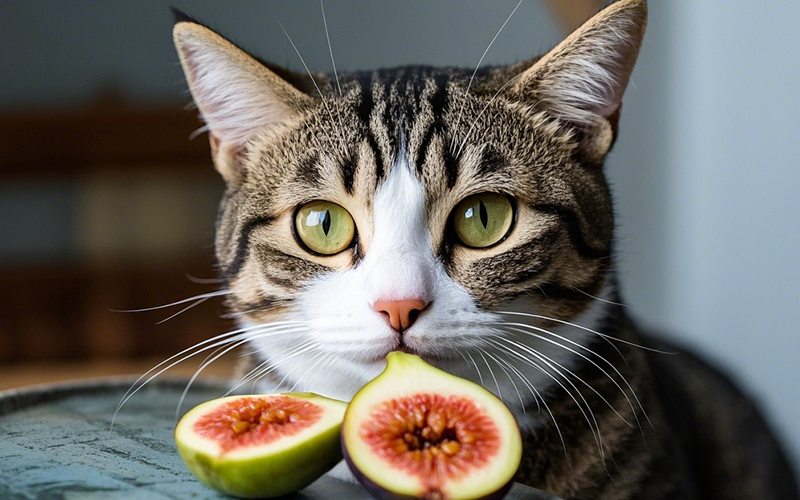
Can Cats Eat Figs? What You Need to Know Before Sharing This Fruit
- 2 Apr 2025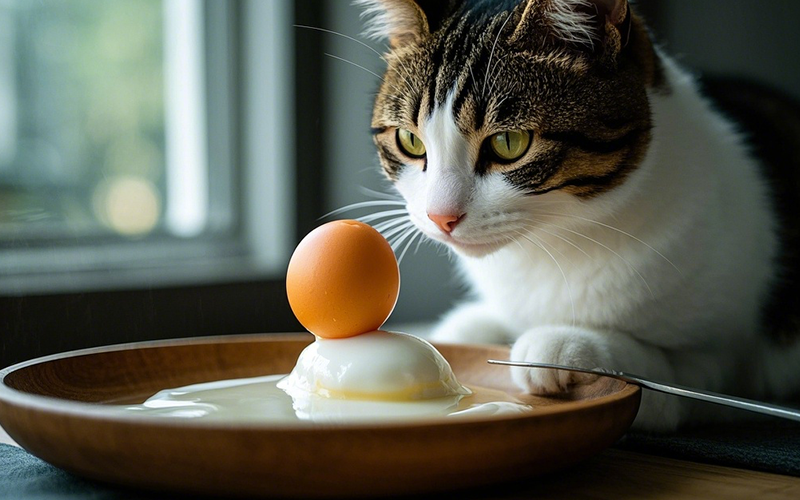
Can Cats Eat Egg Whites? The Facts You Need to Know
- 2 Apr 2025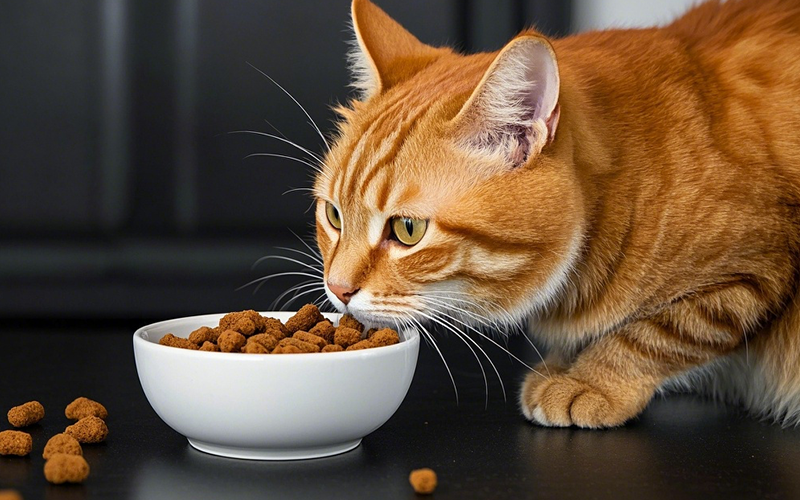
Can Cats Eat Dry Dog Food? Why It’s Not a Good Idea
- 2 Apr 2025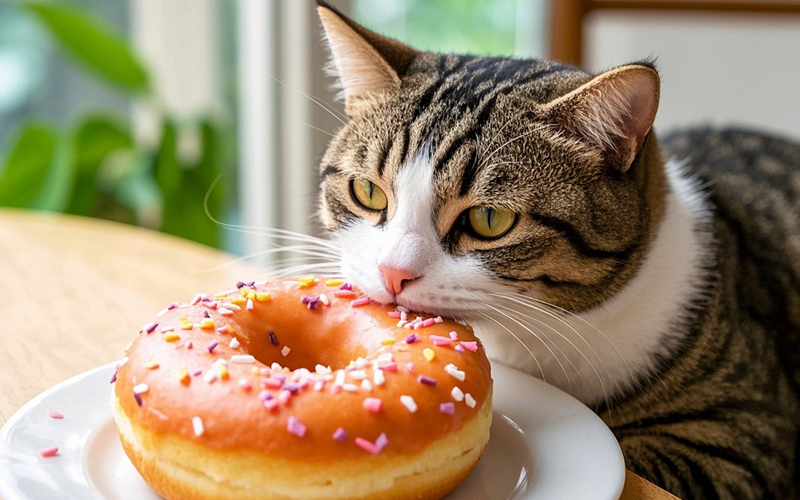
Can Cats Eat Donuts? A Sweet Treat Best Avoided
- 2 Apr 2025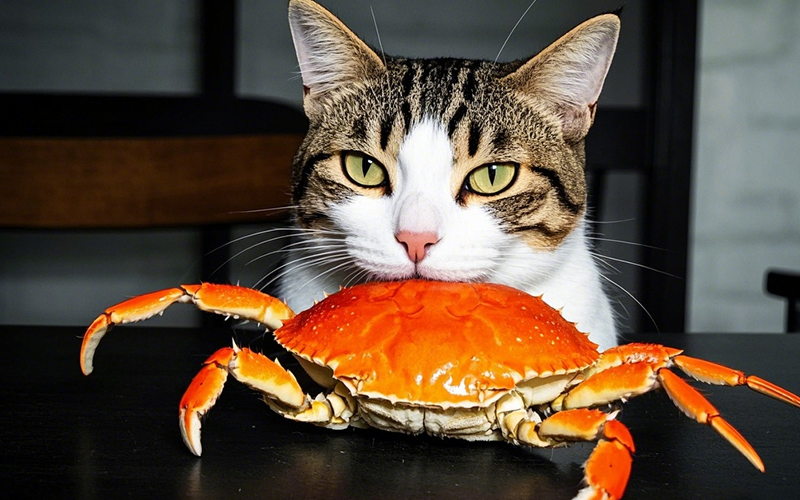
Can Cats Eat Crab Meat? A Tasty Treat with Some Caution
- 1 Apr 2025
